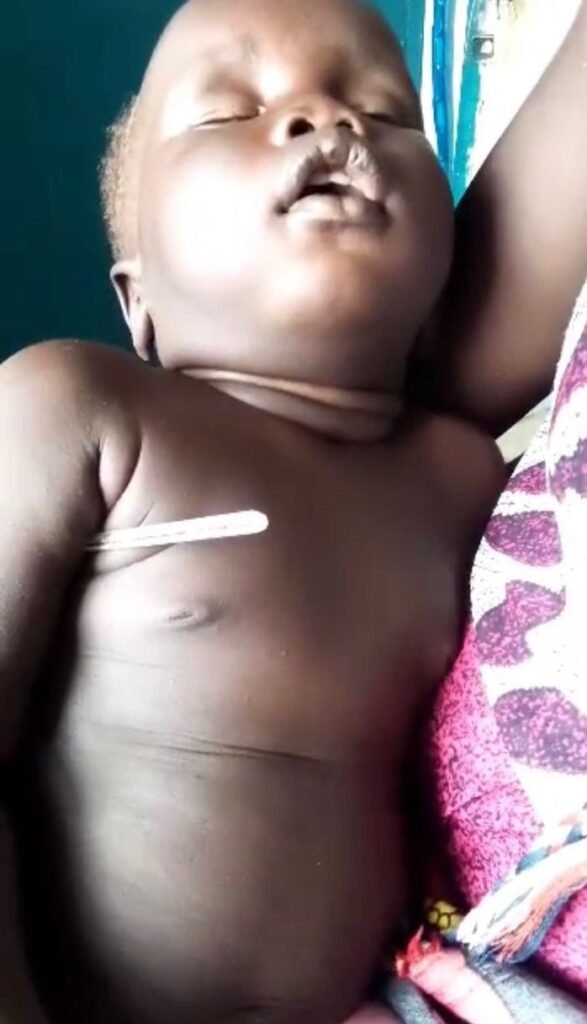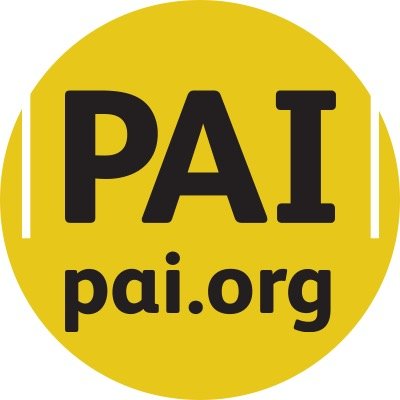A Case Scenario of Kiden Poni’s Child: “How Deadly Pneumonia is for Children”
Why we Need Pneumonia Vaccine in South Sundan
Date: 11/11/2024

Location: Terekeka County Hospital
Kiden Poni brought her child to Terekeka County Hospital for treatment and was amazed by the quality of care her child received. “A clinical officer began attending to my child immediately. Shortly afterward, he diagnosed my child with a chest infection (cough) and said it was pneumonia. The doctor admitted my child to the ward and explained how they would take care of him. I couldn’t believe my child would survive, and we could get such high-quality treatment for free in our community,” said Lona.
Lona, a 17-year-old married woman with one child, lives in a cattle camp in Terekeka Payam. She recounted the events of the past five days. Her 10-month-old baby had woken up healthy and spent the day breastfeeding well and not crying unusually. However, that night, she noticed her child’s body was hot, coughing with difficulty, and crying a lot. “I thought my child was going to die because his breathing was so rapid, his body was very hot, and he was restless,” she said.
Lona began planning to take her child to the health facility, unsure if she would find anyone available since it was far from her home. Then she remembered someone had registered her and introduced himself as having medicines for sick children. She decided to try there since it was nearby. Lona believes that hospital services should continue in the community because they are comprehensive and free of charge.
She also highlighted the importance of health education in the community, especially regarding the use of latrines. “The health education has made many people consider digging pit latrines, but they face challenges such as lacking materials like slabs, doors, and pit digging equipment,” Lona added.
The community members are genuinely happy and ready to support the BHI (Boma Health Initiative) services because they have brought essential healthcare services closer to the community.
Impact Health Organization’s Role
Terekeka County Hospital is currently managed by Impact Health Organization, which is funded by the World Bank through UNICEF under the Health Sector Transformation Project. This project aims to improve healthcare services and ensure that communities have access to quality healthcare.
Pneumonia in South Sudan
Pneumonia remains a significant health challenge in South Sudan, particularly for children under the age of five. It is one of the leading causes of death in this age group, with the disease claiming the lives of thousands of children each year. The challenges in combating pneumonia in South Sudan are multifaceted:
- Poverty and Malnutrition: Many children in South Sudan suffer from malnutrition, which weakens their immune systems and makes them more susceptible to infections like pneumonia.
- Lack of Access to Healthcare: Many communities in South Sudan lack access to basic healthcare services, including vaccinations, diagnosis, and treatment for common childhood illnesses.
- Poor Sanitation and Hygiene: Inadequate water, sanitation, and hygiene conditions contribute to the spread of pneumonia.
- Conflict and Displacement: Ongoing conflict and displacement have disrupted healthcare services and made it difficult for families to access medical care.
The Promise of Vaccines
The introduction of vaccines, particularly the pneumococcal vaccine (PCV) and rotavirus vaccine, can play a crucial role in saving lives in South Sudan. Vaccines are one of the most effective ways to prevent pneumonia and other severe diseases, as they protect children from the bacteria and viruses that cause these illnesses. By introducing the Pneumonia vaccine in South Sudan can significantly reduce the incidence of pneumonia and save countless lives.
Efforts are underway to improve the vaccine supply chain and increase immunization coverage in the country. The Ministry of Health (MOH), UNICEF, and Gavi have planned to introduce the pneumonia and rota virus vaccines next year. However, to ensure the sustainability of these efforts, it is crucial to allocate sufficient funds in the national health budget and establish a budget line for vaccination programs. By doing so, South Sudan can ensure that vaccines reach even the most remote areas and provide long-term protection to its population.
In summary, while pneumonia remains a significant challenge in South Sudan, the introduction of vaccines and improvements in healthcare infrastructure can make a substantial difference in reducing child mortality and improving overall public health.
Impact Health Organisation continues to advocate for the introduction of these vital vaccines with support from the Vaccine Network for Disease Control Nigeria through The New Venture Fund for Policy Advocacy (NVF for GPA)
End of Story









